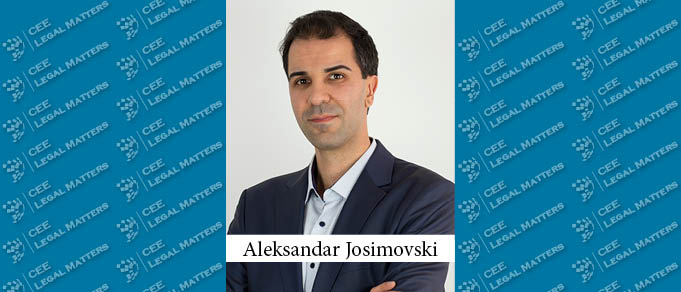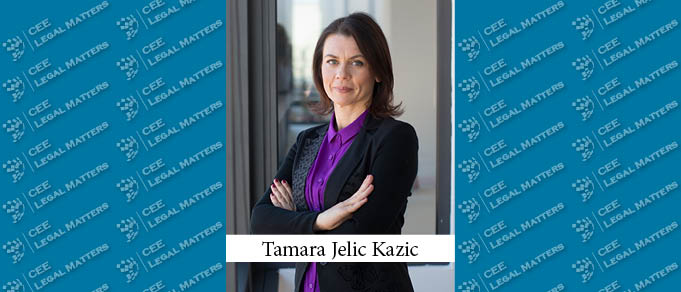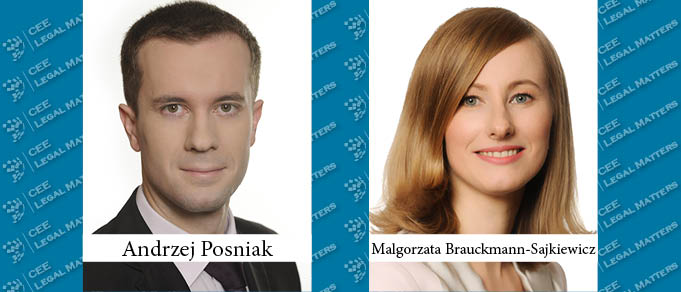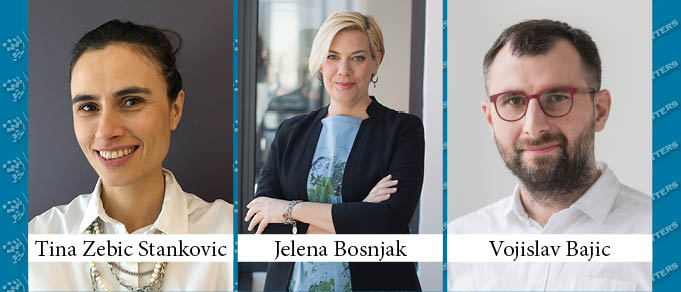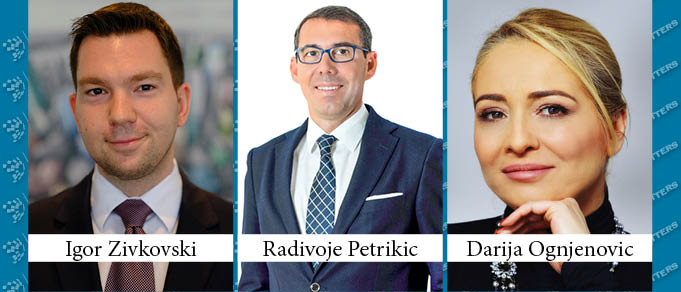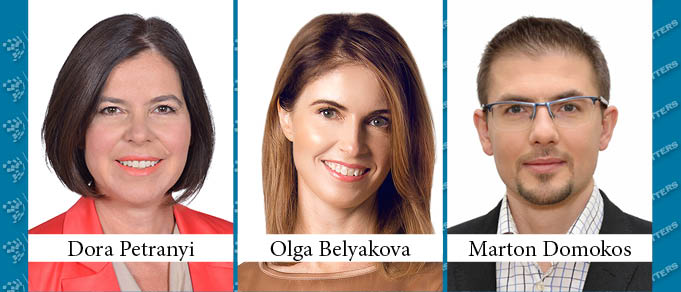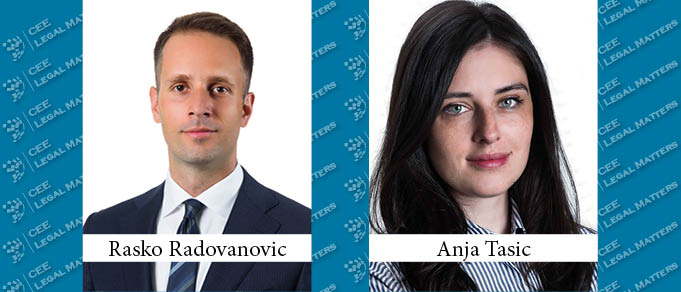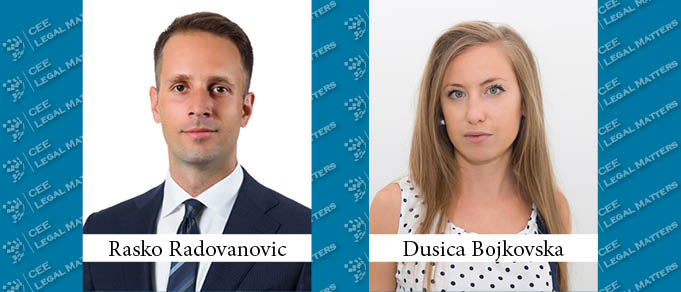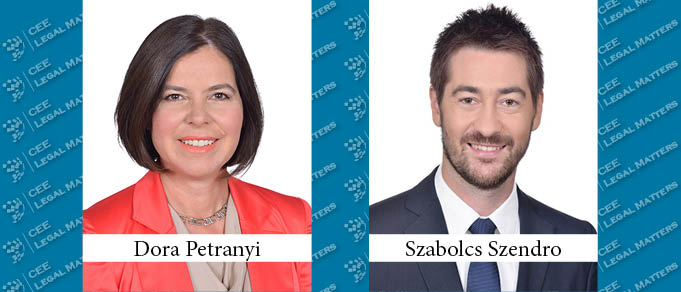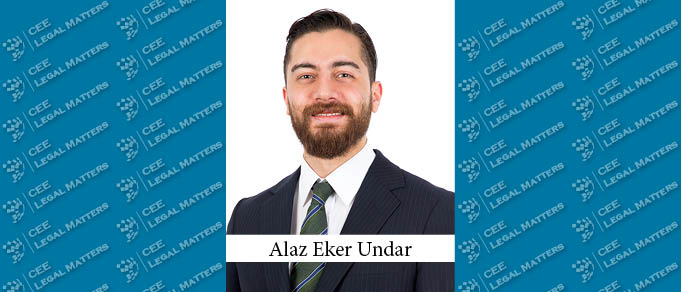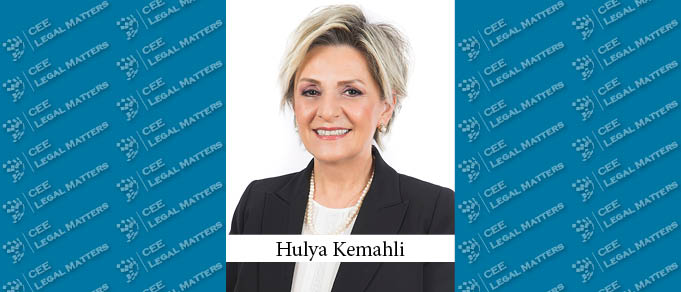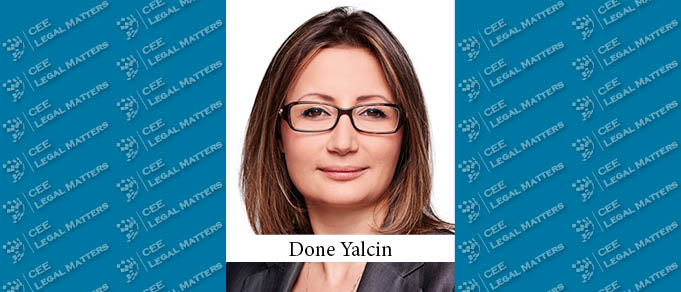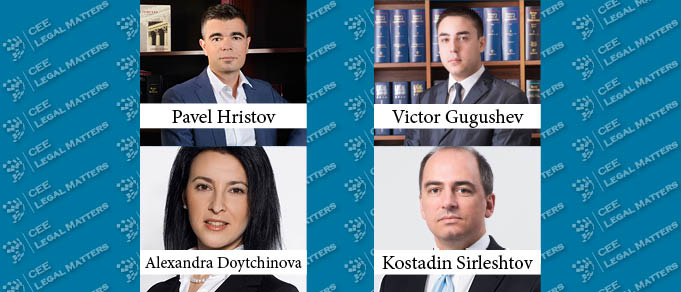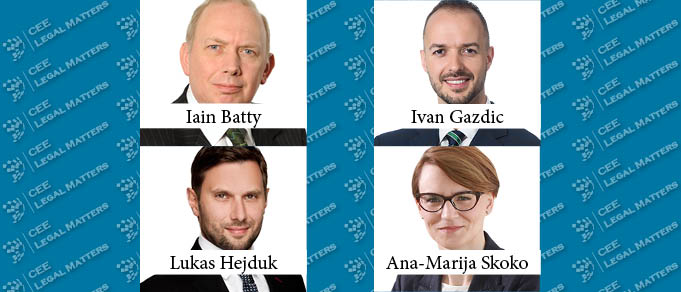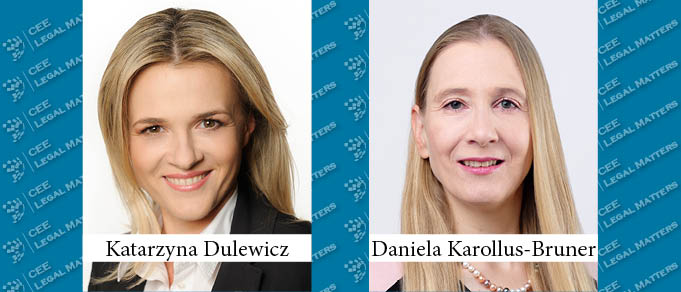If certain statutory conditions are fulfilled, companies obliged to pay the Macedonian Corporate Income Tax (CIT) should submit reports for their 2019 transactions with related parties to the Public Revenue Office before September 30, 2020. The 2019 financial year is the first for which CIT payers are obliged to file such reports, according to the CIT Law.
Croatia: Further Relaxation of the Tax System in 2021 (Rules vs. Practice)
Following three rounds of changes to Croatia’s tax system in recent years to ease business and reduce the overall tax burden, the Government announced plans to further relax the tax system in 2021.
Poland: Introducing Comprehensive Tax Risk Management - A New Trend Among Polish Firms
Given the significant tightening of Polish tax regulations with regard to carrying out and appropriately documenting and reporting transactions, implementing a tax risk management policy has now become a business necessity in Poland both for enterprises with Polish capital and global giants with Polish subsidiaries.
Marketing with One Arm Tied Behind Your Back: Attorney Advertising Bans In the Former Yugoslavia
Advertising is no easy task for law firms in the former Yugoslavia, and law firm marketing and business development specialists in those legal markets face unique challenges in their attempts to promote their firms and obtain new clients.
The Serbian Situation
Prominent Serbian attorneys provide an overview of the country’s prospects heading out of the recent election cycle and into an uncertain future.
Data Implications of Remote Working
Doing business remotely continues to gain in popularity, both allowing work to continue (often from home) when pandemic conditions require it and actually increasing many individuals’ overall productivity in certain industries. Despite its advantages, however, the data implications of remote working have recently become more complex.
Building Blocks of CEE: Duncan Weston Brings CEE to CMS
Rare is the opportunity to participate in a wave of enthusiastic transformation – a breaking-away from old ways and a journey to uncharted regions. Duncan Weston, Executive Partner at CMS, has played a fundamental role in several different law firm and legal industry transformations. And he’s not done yet.
The State of the Montenegrin State Aid Control Regime
Montenegro first introduced a State aid control framework in 2011 in preparation for initiating the EU accession process. Almost ten years later, as the candidate country currently furthest along its accession journey, Montenegro has largely harmonized its State aid framework with the EU acquis. Still, the current level of enforcement and transparency leave a lot of room for improvement.
Gun-Jumping in M&A Transactions in North Macedonia
In merger control, the standstill obligation requires that the parties refrain from implementing a concentration before obtaining the required merger clearance. This duty represents a cornerstone of many merger control regimes and is intended to protect the structure of the market and the consumers from any damage that could result from a transaction that had not been properly examined and could turn out to be anti-competitive.
Hungary: Recent Competition Law Decisions to Challenge Your Data Collection Practice
Some experts say that “data is the new oil,” but oil can catch fire easily without proper handling. When you hear concerns about the collection of personal data, you might first associate them with data protection regulations, but competition law can also seriously affect your business. Competition authorities have intervened recently against platforms by using patterns that might be widely applied to other companies. Is this just the beginning? Who is in danger?
Turkish Banking Sector 2020
The year started with expectations of growth and stability. Along came COVID-19, and the focus shifted to stability and survival. The Turkish banking sector, used to market turmoil, took proactive steps, and the authorities matched the effort.
Turkish Capital Markets 2020 Overview
The Turkish capital markets have undergone many regulatory amendments and adjustments this year to provide a more robust environment in terms of transparency, competition, and stability for investors. As regulators have kept manipulative transactions in their sights to overcome the panic created by COVID-19, the Turkish Capital Markets Board (CMB) has imposed many sanctions and penalties.
Guest Editorial: Turkey’s New Normal
Are you still reading? Despite the title this is not a COVID-19 piece. Quite frankly we have had enough of that. We want life to go back to how it was – but it won’t. Something new is happening. People have been humbled by the effects of the C-word on their very existence. Everyone is suddenly more aware of the need to change – in Turkey, for example, we always kiss and hug upon meeting, and we are not used to the concept of social distancing at all. Now we stand a meter apart and elbow or fist bump – which still feels odd to me. We are aware and we are asking ourselves – “what needs to change? Was this our fault? What is biodiversity? What can we do?”
Bulgaria at the Boil: Frustration with the Status Quo Pulls People to the Streets
Already struggling with the international coronavirus pandemic, Bulgaria has recently found itself dealing with a major internal political crisis as well – one which, ironically, despite the general incentive towards social distancing, has brought people outside of their homes and onto the streets of the nation’s major cities.
The Corner Office: Your Favorite Client Matter
In The Corner Office we ask Managing Partners across Central and Eastern Europe about their unique roles and responsibilities. The question this time around: ”What is your single most favorite client matter in your career?”
Logistics and Manufacturing in CEE: Today’s Trends and Opportunities
While the COVID-19 pandemic has caused disruption to nearly all businesses in the logistics and manufacturing sectors in Central and Eastern Europe, enough time has now lapsed that identifiable trends and opportunities are beginning to emerge. CMS Partners Ana-Marija Skoko, Ivan Gazdic, Iain Batty, and Lukas Hejduk agreed to share their thoughts about the effect of the COVID-19 crisis on logistics and manufacturing developments in their local markets and across CEE.
Rebuilding and Reshaping in the Aftermath of COVID-19
As Europe begins a tentative re-opening following several difficult months of quarantining, social distancing, and working-from-home, we spoke to CMS’s Warsaw-based Employment Partner Katarzyna Dulewicz and Vienna-based Dispute Resolution Partner Daniela Karollus-Bruner for their perspective on the process.
Turkey: “Force Majeure” Decision from Turkish Energy Market Regulatory Authority for Unlicensed Electricity Generation – Prolongation of Durations
Government institutions in Turkey are continuing to take various measures to mitigate the economic impact of the ongoing COVID-19 pandemic. At its meeting on April 2, 2020, the Energy Market Regulatory Authority (EMRA) adopted a new decision (the “Decision”) accepting the COVID-19 pandemic as a “force majeure” event under Article 35 of the Electricity Market Licensing Regulation (the “Licensing Regulation”) and Article 19 of the Regulation on Unlicensed Electricity Production in the Electricity Market (the “Unlicensed Regulation”). The decision was published in the Official Gazette on April 4, 2020.

